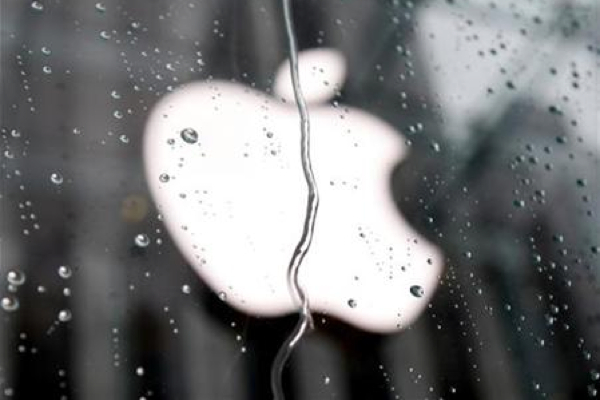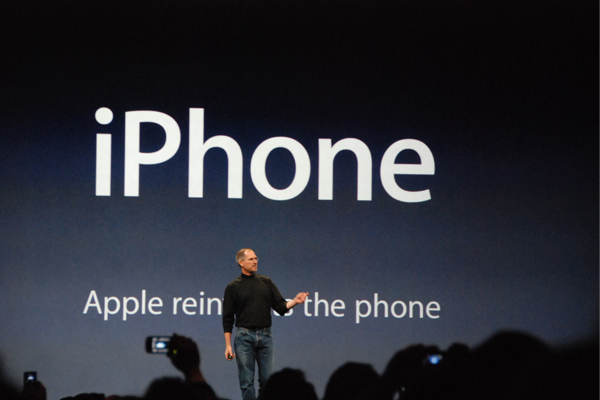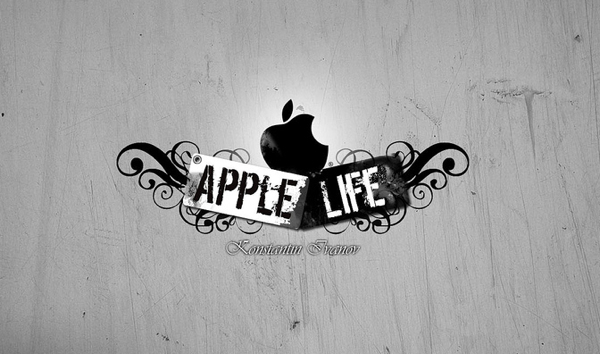
There has been incredible discussions throughout the Web about Apple’s decision to take 30 percent of the revenues through iOS subscriptions. Many are not happy about the decision. I’m sorry to say, however, that everyone who disagrees is flat-out wrong. Apple is right.
Many tech journalists — including John Gruber, MG Siegler, Dwight Silverman, and Rob Pegoraro — have their theories about this incredible pickle that Apple has presented to third-party developers. It makes for a fun, drama-filled discussion, but it also raises a few very important issues: how important are third-party developers to Apple and how much are they worth?

Third-party developers are very important to Apple. Without them, Apple has little more than a pretty looking box that makes phone calls, sends texts, and plays tunes. Granted, it is a very pretty box, but it is not a very attractive proposition for non-Apple loyalist.
Third-party developers have the power to make or break any open application platform. That is why iOS and Android are thriving and Blackberry and Windows Mobile (now Windows Phone 7) are dying. In a way, Apple owes much of its success in mobile to their third-party developers.
Thirty Percent
Before the iPhone, though, creating a mobile application was a much simpler proposition: the developer planned, created, and profited from the application, barring any interference from the one holding the keys to the application marketplace (which really didn’t exist before Apple came along). But it was only when the iPhone made its debut that things became complex. Developers had a price to pay.

Apple started off by taking 30 percent of all application sales. This initial stipulation was met with much resistance. But developers got over it and eventually started producing applications for Apple’s ecosystem, and look at it now — people are getting rich from iOS applications. Amazing how we went from doom and gloom to prosperity in such a quick amount of time, right?
Now we are going through a similar situation. The difference here is that developers are already part of the ecosystem and the idea of subscriptions for mobile applications has become a much more common thing. But Apple, again, wants 30 percent of the profits. And because history has a tendency to repeat itself, developers are again up in arms about the whole ordeal. Yet they have little reason to be.
Be upset about how Apple went about handling the situation, be upset about how Apple is stating that developers must use in-app subscriptions, or be upset about how Apple is demanding that developers not charge more for in-app subscriptions than those outside of it.

But don’t be upset at Apple for taking its 30 percent; it is their right to do so.
New Opportunity
Apple did something amazing with iOS: they gave third-party developers opportunity — opportunity, mind you, that didn’t exist before the iPhone. Apple has given developers the opportunity to become rich from the development of applications on Apple’s platform, not the developers’. To say that Apple doesn’t have the right to charge what they want… well, it’s ludicrous.
Apple could charge 30 percent, 50 percent, 70 percent, or zero percent; it doesn’t matter. If you want to play in Apple’s pimped-out theme park, you have to pay an entry fee and pay to enjoy the rides. It’s really that simple.
So, next time you have a beef with Apple charging money to developers for using their products and services, remember that no one is forcing developers to develop for Apple’s iOS platform. Android, Windows Phone 7, and webOS are presenting ample opportunity to developers, so go there if you want to complain. But if you do want to take advantage of what Apple is offering both consumer and developer, be prepared to open your wallet, because Apple is by no means cheap.



This article is incorrect, for the simple reason that App Store is a forced monopoly and Google Play is not, and both have ‘created opportunity’.
You are arguing as if there is no opportunity if Apple doesn’t hand it to us. That’s laughable. Any web shop serving files could be the market in which a developer finds opportunity.
Your analogy with the rides would be correct, if a) it weren’t a fee for each ride, b) the rides aren’t “pimped out” c) other theme parks were allowed in the same town for the same clientel. You see, if the Apple monopoly wasn’t the only ride in town, people could try other rides and choose the one they liked most. They wouldn’t want that.
Nobody asked for this monopoly, in fact some Apple owners are just now finding out that the forced OS X update has locked them (and devs) inside the same monopoly. The monopoly was something that Apple planned deviously since iTunes; the “pretty boxes” are nothing more than vessels for channeling profit via this monopoly.
In this light, your article becomes little more than the opinion that “obscene greed is good, and forced monopolies creates opportunity”.
Your article also has a factual error. At first, Apple charged 40%, not 30.